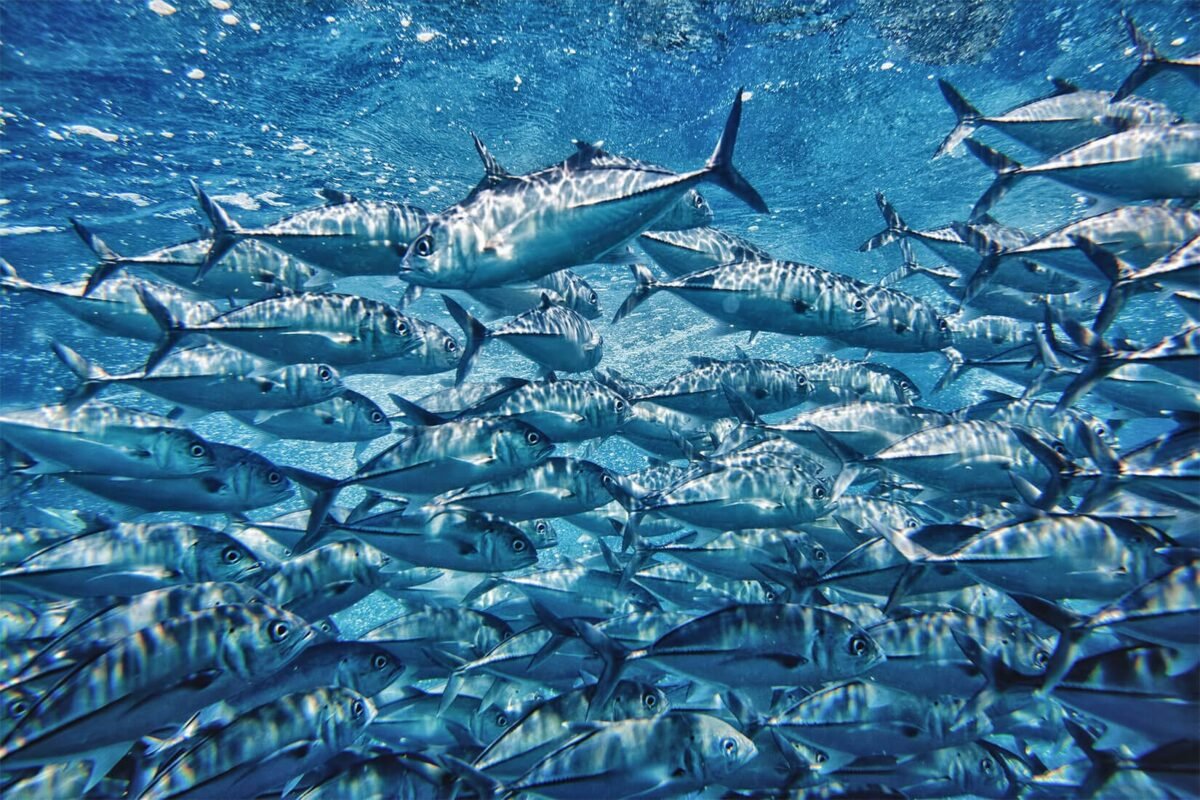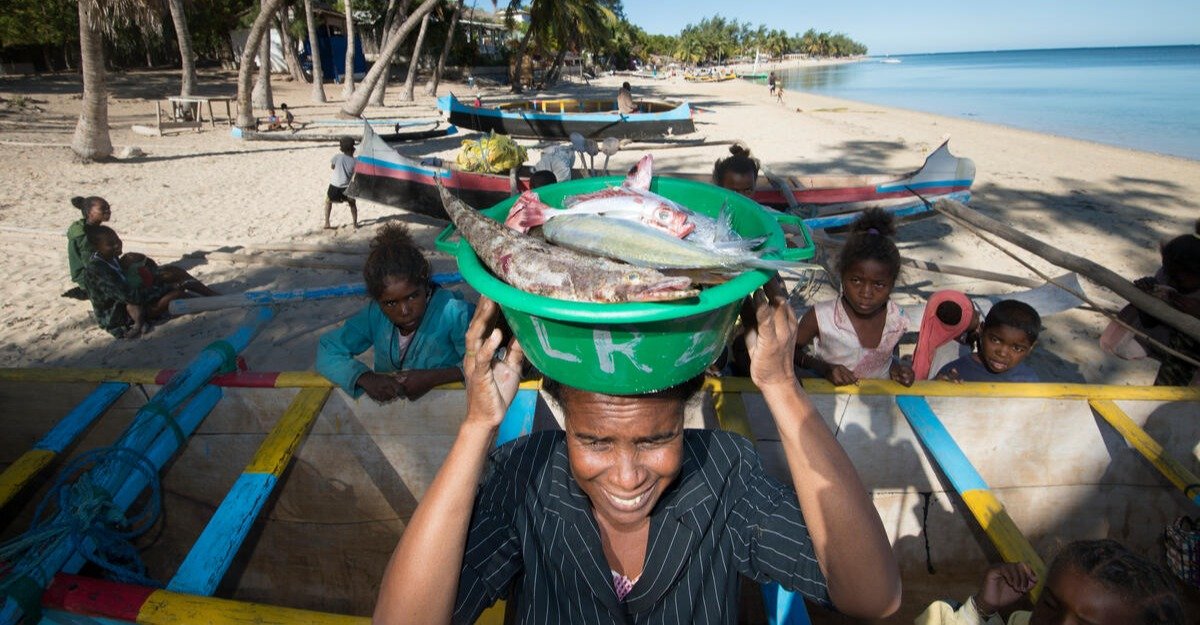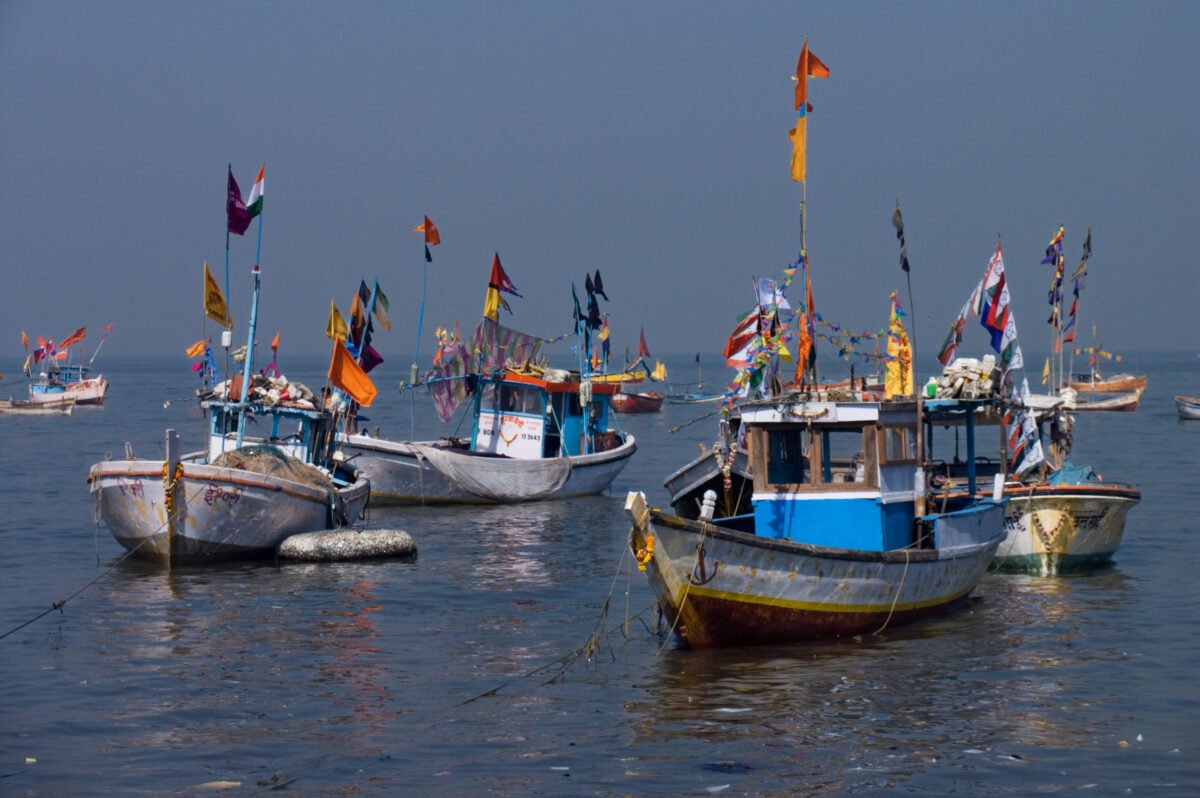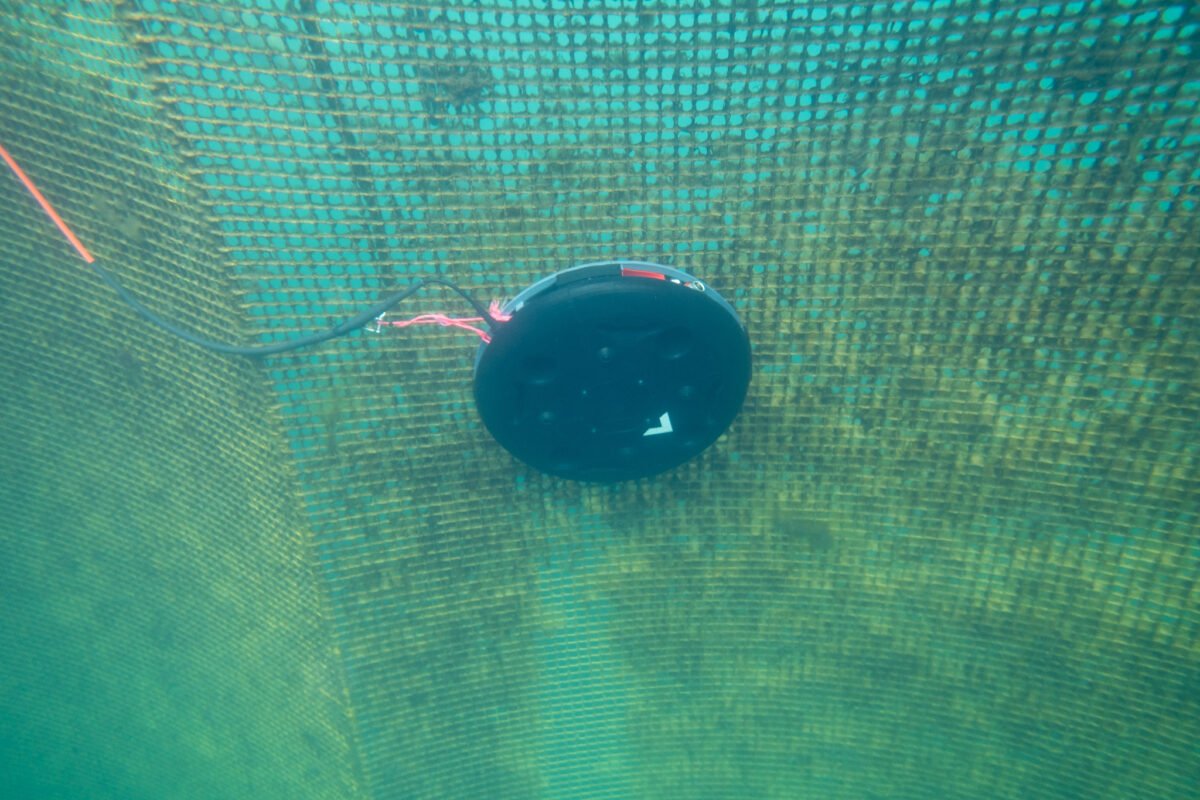India is anticipated to reach significant milestones in 2025 in floriculture, horticulture, fisheries, poultry, and dairy through the effective application of biological solutions and advanced agricultural technologies.
Agriculture, one of the oldest industries in human history, is experiencing a transformation that is both swift and essential. Encountering issues such as climate change, limited resources, and the increasing needs of a burgeoning global population, the industry is adopting creative approaches to ensure its future. Agriculture is a constantly evolving sector that offers significant potential for expansion. The shift towards sustainability and the incorporation of technology is generating numerous new opportunities for innovation. In 2025, the agricultural sector presents numerous opportunities for innovation, expansion, and profit-making. The future of agriculture is promising and diverse, featuring a range of solutions from tech-driven innovations to sustainable farming practices. The agriculture sector in India is expected to gain further momentum in the next few years due to increased investment in agricultural infrastructure such as irrigation facilities, warehousing, and cold storage. Furthermore, the growing use of technology will help the sector and farmers to improve the yield and overall crop production. Thanks to government initiatives and assistance, India is anticipated to achieve self-sufficiency in pulses and edible oil seeds in the next few years. Moreover, the nation is anticipated to reach significant milestones in 2025 in floriculture, horticulture, fisheries, poultry, and dairy through the effective application of biological solutions and advanced agricultural technologies. In the following pages, we have included articles from specialists and industry authorities discussing various agricultural sectors and their anticipated status in 2025.
Dairy remains committed to sustainability and environmental consciousness
The Foreign Agricultural Service (FAS) of the US Department of Agriculture in New Delhi projects that India’s overall milk production will reach 216.5 million metric tonnes (MMT) by 2025. This increase is linked to a larger herd of milking animals, enhanced governmental backing for the dairy industry, the anticipated persistence of favourable weather, elevated milk prices, and no significant disease outbreaks. The anticipated increase in milk supply is projected to enhance the production of butter and non-fat dry milk (skim milk powder (SMP)), with these products expected to achieve 7.2 MMT and 0.8 MMT, respectively. Demand-driven elements such as an increasing population, higher disposable income, and various physical factors are propelling the domestic consumption of fluid milk, butter, and SMP, anticipated to hit 91 MMT, 7.1 MMT, and 0.8 MMT, respectively.
Custom Markets Insights forecasts that Indian Dairy Market (valued at $131.5 billion in 2024) is expected to reach $290.8 billion by 2033, at a CAGR of 8.01 per cent during 2024 – 2033. Further Crisil anticipates a revenue boost of 13-14 per cent for FY 2024-25, fuelled by strong consumer demand and better raw milk supply. Dairy plays a pivotal role in supporting the Indian economy by ensuring nutritional security, addressing challenges of hunger and malnutrition in the country and generating employment opportunities.
It is quite interesting to note, that, while global milk production is growing at a steady rate of 2 per cent, India showcases growth in milk production by an impressive rate of 6 per cent.
The sector alone contributes 5 per cent to the national economy, directly employing around 80 million farmers, the majority of whom are women. As the nation marches towards becoming the third largest economy in the world, the contribution of the dairy sector is expected to be huge. During FY 2023-24, the country exported 63,738.47 metric tonnes (MT) of dairy products worth $272.64 million, with major export destinations being the United Arab Emirates, Saudi Arabia, USA, Singapore, and Bhutan.
Currently, the dairy sector holds immense potential in terms of investments across Bulk Milk Coolers (BMCs), immersion coolers, advanced milk testing kits as well as technologies like Blockchain technology, RFID tags, IoT and sensor-enabled vehicles and packing systems.
Speaking on shaping dairy’s next big trends, Vamseedhar Reddy K.C., Senior Vice President – Supply Chain & Procurement, Sid’s Farm mentioned,” As we approach 2025, the dairy industry is undergoing significant transformation, shaped by advancements in technology, sustainability, and the growing need for collaboration. The adoption of precision farming, AI-powered analytics, and sustainable practices is set to redefine how dairy products are produced and consumed. These changes are not just about efficiency—they are about creating value across the supply chain, from farmers to consumers.
In fact, from the consumer’s point of view, the packaged fresh milk and Indian skimmed milk powder (SMP) category is expected to grow 3.4 per cent and 13 per cent CAGR respectively from 2021-26. The segment of value-added dairy products can emerge as a lucrative investment zone, with prospects of emerging markets worth $4.2 billion for butter and spreads, promising CAGR growth of 8 per cent.
Government Initiatives
To continue to support the dairy sector, the government had announced an allocation of Rs 15,000 crore for the Animal Husbandry Infrastructure Development Fund (AHIDF), which was approved by the Union Cabinet on June 24, 2020 under the Atmanirbharbharat Abhiyaan stimulus package for ensuring growth in several sectors. Besides, the government announced Rs 1790 crore for National Programme for Dairy Development, Rs 2400 crore for Rashtriya Gokul Mission and Rs 4600 crore for Pradhan Mantri Kisan Sampada Yojana. Further, the continuation of the Animal Husbandry Infrastructure Development Fund (AHIDF) was approved by the Ministry of Fisheries, Animal Husbandry & Dairying under Infrastructure Development Fund (IDF) with an outlay of Rs 29,610.25 crore during 2025-26. The schemes are intended towards boosting milk and meat processing capabilities as well as enhancing farmers’ price realisation and encouraging exports in the dairy and livestock sector. In order to align the future of dairy with consumer choice, the government has formulated strategies to improve the quality of milk and dairy products while boosting involvement in organised procurement, processing, value addition, and marketing.
According to Invest India, PM Kisan SAMPADA Yojana is expected to attract investment worth Rs 11,095.93 crore, benefiting 28,49,945 farmers and generating 5,44,432 employments across animal husbandry and dairying in the country by the year 2025-26. As of 2023, more than 29.87 lakh Kisan Credit Cards (KCCs) were sanctioned for farmers enrolled under several schemes of the Department of Animal Husbandry and Dairy.
To read more click on: https://agrospectrumindia.com/e-magazine
India is anticipated to reach significant milestones














